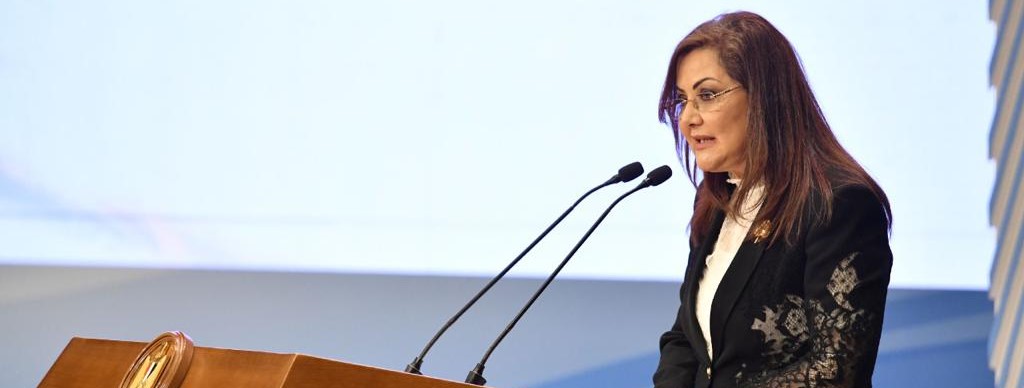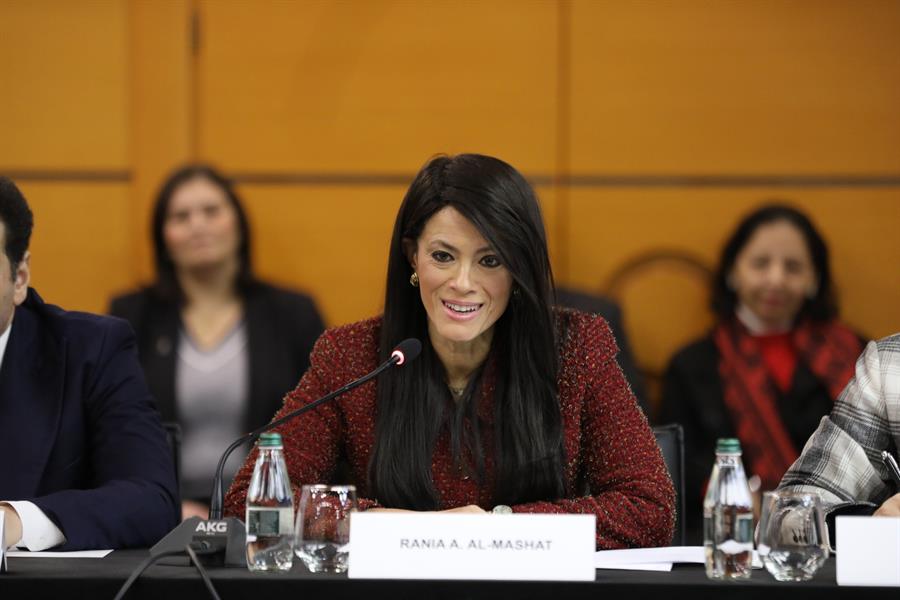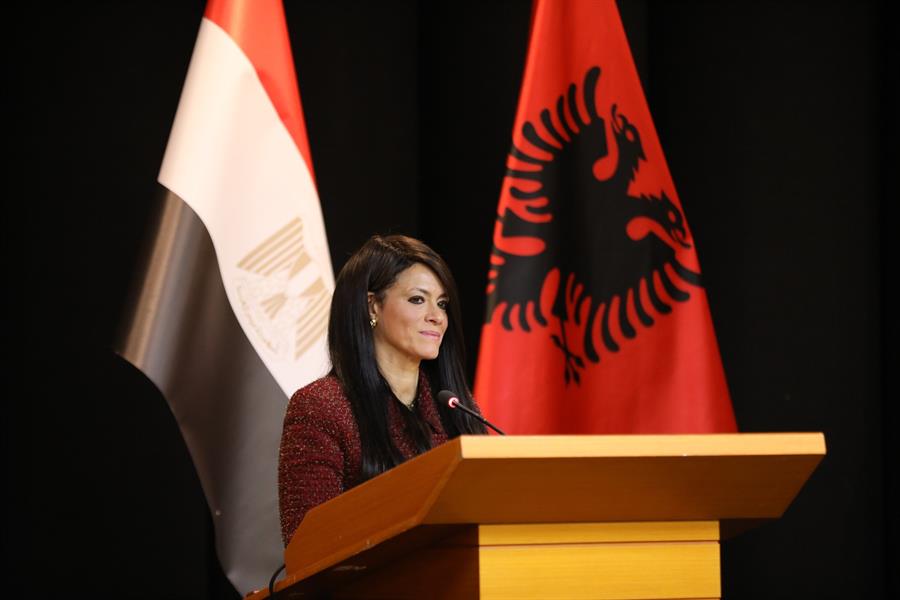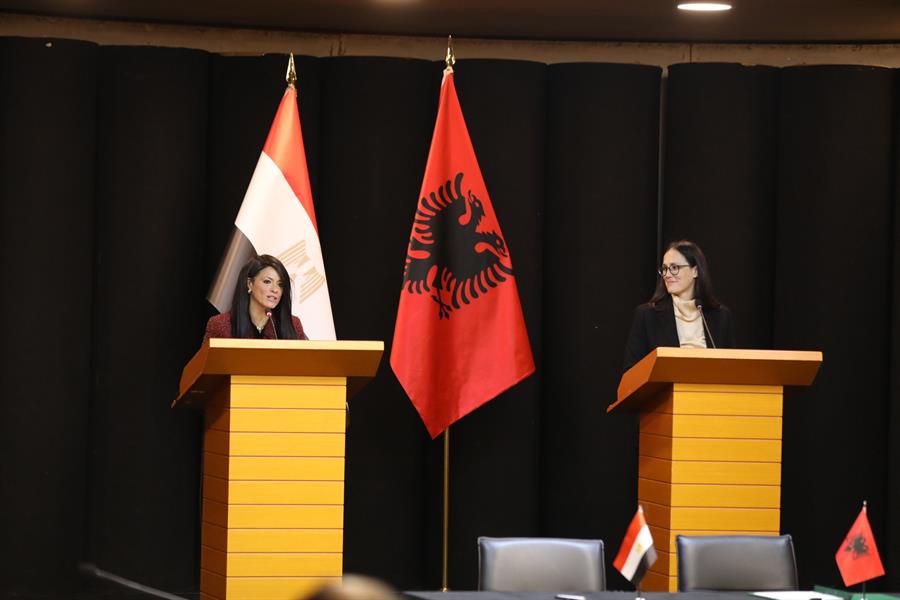Minister of Planning & Economic Development to represent Egypt at the 2021 (HLPF)

11 July 2021
Dr. Hala El-Said, Minister of Planning and Economic Development - representing the Arab Republic of Egypt - will present on Monday the third voluntary national review (VNR) report for 2021 at the United Nations High-Level International Political Forum (HLPF) on Sustainable Development, within the framework of the Egyptian state's keenness to share its development experience with various countries of the world.
Dr. Hala El-Said said that the report was prepared in coordination with the relevant Egyptian authorities, following a participatory approach adopted by the Egyptian government, through holding consultative sessions with civil society, the private sector.
The voluntary participation of countries in this global event is a good opportunity to review the progress achieved at the national level to achieve the sustainable development goals and to conduct what can be described as a self-assessment of their efforts, which represents an affirmation by the countries of their commitment to move forward to achieve these goals.
The countries of the world open the door for them to benefit from the experiences of others and ensure transparency, dialogue, and partnership by all parties, government, civil society, and the private sector, thus enriching the country’s experience and efforts to achieve the sustainable development goals.
Last Thursday, the Ministry of Planning and Economic Development organized a side event on the sidelines of the forum on how the process of localizing the sustainable development goals contributes to leaving no one behind.









